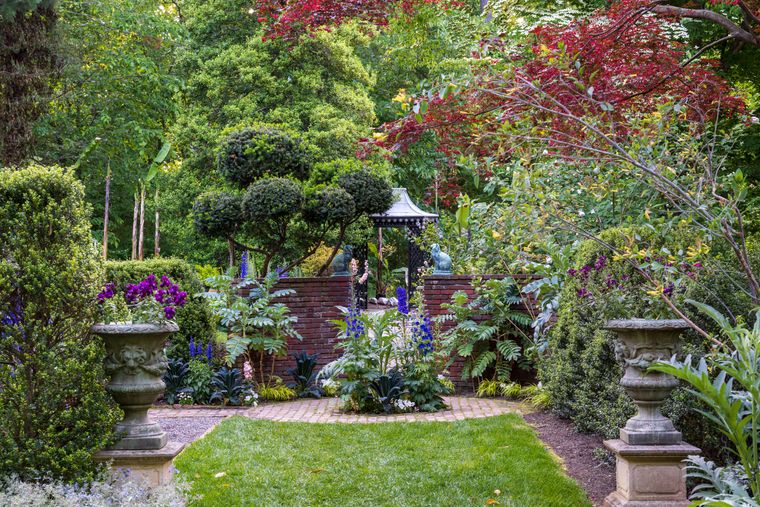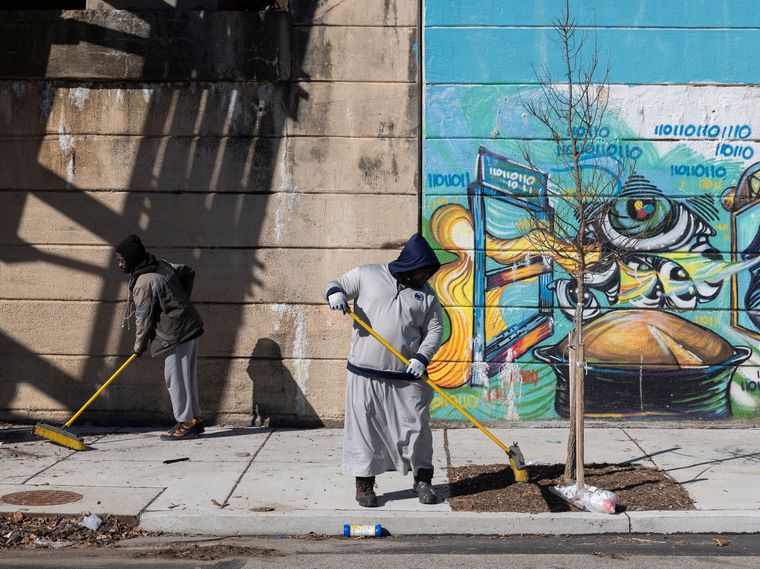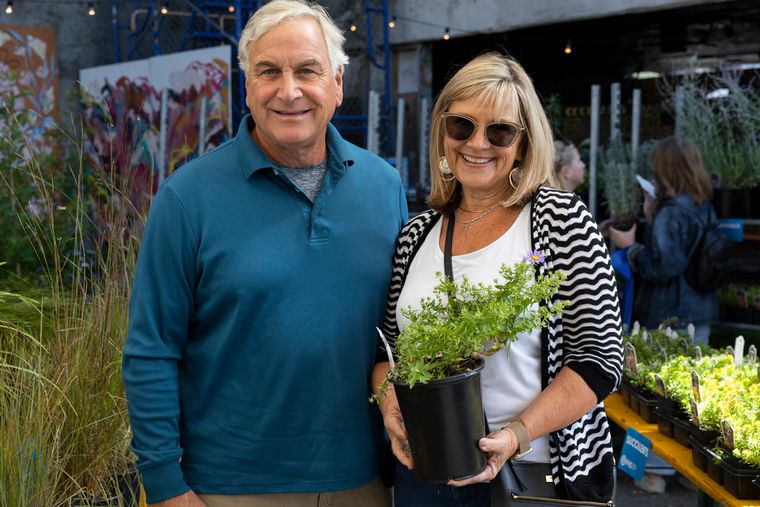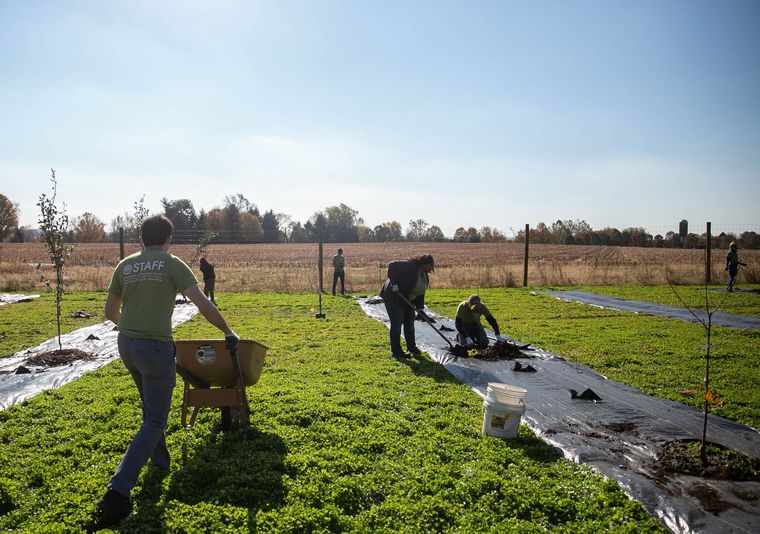



Green Equity Initiative

Investing in Livability
The PHS Green Equity Initiative is a bold proposal for neighborhood environmental investment, spearheaded by the Pennsylvania Horticultural Society, a leader in making an impact on health and well-being in the Greater Philadelphia region for almost 200 years. The initiative envisions a comprehensive, scalable, and equitable set of neighborhood-based greening solutions that will provide long-lasting benefits for thousands of Philadelphia residents — today and for generations to come.
The time is now for city leaders, individuals, community organizations, and other partners to join with PHS to promote this initiative to the City, the region, and the nation.
Philadelphia neighborhoods and residents are facing critical challenges to their quality of life, health, and well-being. The Green Equity Initiative proposes significant, sustained horticulture-based solutions that meet these challenges through vacant lot cleaning and greening, workforce development and training, protecting land and supporting community gardeners, and expanding tree planting in the region.
For decades, PHS has worked in hundreds of the City of Philadelphia’s communities to expand these critical services. Now is the time to mobilize help from the City, philanthropic stakeholders, and other supporters to catalyze change more quickly and at a greater scale.
Learn more about our Green Equity Intiative updates when you sign up for PHS email.
Real-Life Impact
With support from federal and state stimulus and infrastructure funds, PHS will help rectify environmental injustice in the city, while addressing acute quality of life challenges at the neighborhood level and ensuring a path for community empowerment. Investments in greening have been documented by the University of Pennsylvania, US Forest Service, and other academic partners to decrease gun violence, crime, and feelings of depression, while increased levels of community engagement can more easily bring about well-being and provide more beautiful, livable environments.

Targeted Opportunities for Investment
COMMUNITY GARDENS - $2 MILLION
- Invest in maintenance and safety for 75 gardens
- Secure permanent land tenure for 25 gardens
- Expand community garden support services for 150+ gardens in City of Philadelphia
TREE PLANTING - $2 MILLION/year
-
Double number of trees planted each year in the lowest canopy neighborhoods
Vacant Land - $5 Million/Year
- Increase newly stabilized vacant lots by 4x annually
- Double number of lots cleaned and greened from 12,000 to 24,000 lots over 5 years
Workforce Training and development - $2 million
- Create 100 jobs with community organizations
- Train and place 75 people in landscape/horticulture jobs
- Train and place 50 people in tree planting/arborist jobs